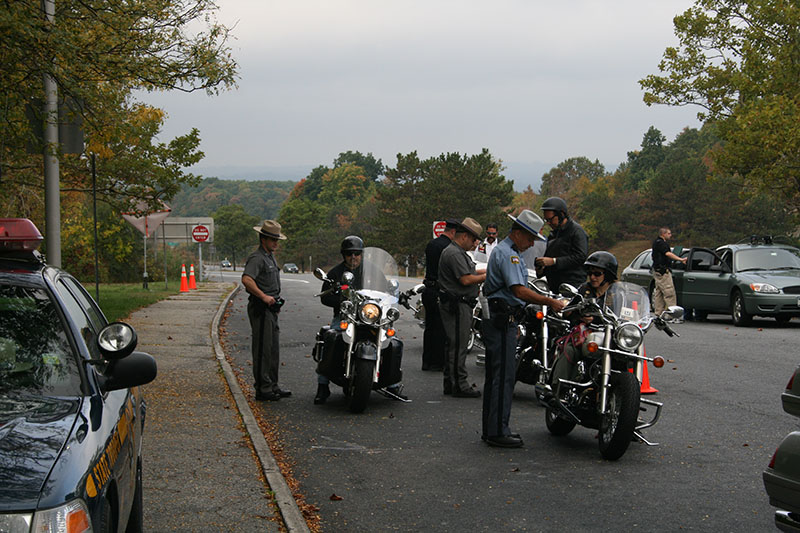The Resolution Passed with Bipartisan Support
On Tuesday, the U.S. Senate passed a motorcycle anti-profiling resolution that encourages communication and collaboration between motorcyclists and law enforcement, according to the American Motorcyclist Association (AMA). It discourages the profiling of people based only on the fact that they ride a motorcycle.
Senate Resolution 154 also encourages law enforcement to condemn profiling of motorcycle riders among their ranks during training and while on the job. The resolution is a step in the right direction. With that said, a Senate resolution does not have the force of the law behind it.
A Show of Good Faith
The resolution comes after a rise in motorcycle registrations, according to the AMA. The association also noted that roughly half of the motorcyclists it surveyed have experienced profiling. The AMA seemed pleased with the results of the resolution.
“In 2015, Congress wisely acted to ban federal highway funding for motorcycle-only checkpoints, recognizing that federal funds are better spent on promoting highway safety for all vehicles and drivers,” said AMA Vice President of Government Relations Wayne Allard. “Now, the Senate has taken a big step further to help end the discriminatory and ineffective practice of profiling motorcyclists.”
The motorcyclist anti-profiling resolution should help put an end to police giving motorcyclists extra attention on the road. It should also further discourage U.S. law enforcement from practicing tactics like motorcycle-only checkpoints.
It’s a shame when police target all motorcyclists due to the actions of only a few riders. Often, the profiling of motorcyclists isn’t a problem. In fact, many police ride. However, there are instances where law enforcement has lumped all riders together. This resolution should help the motorcycling community and law enforcement function better and coexist more easily in communities across the U.S.


